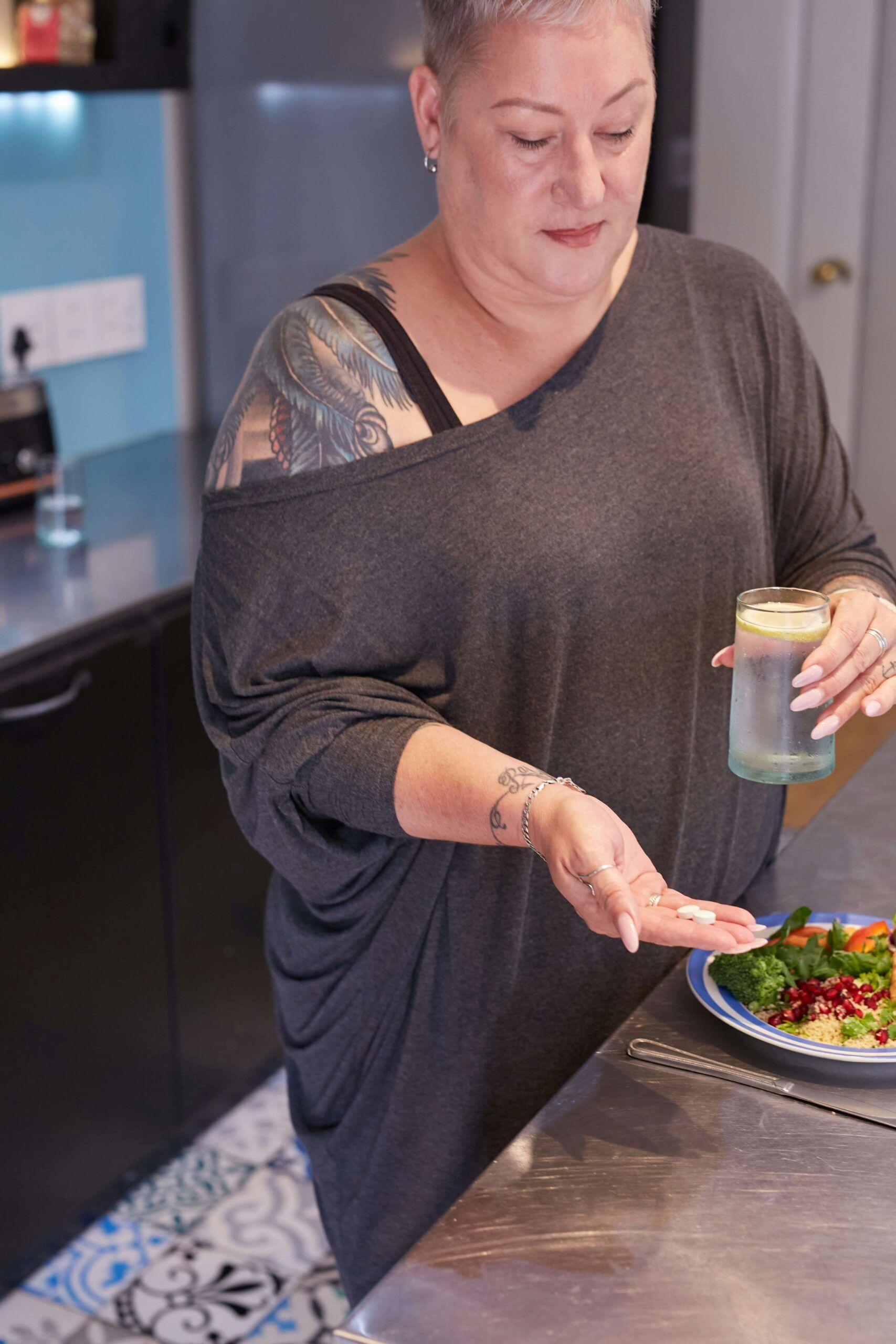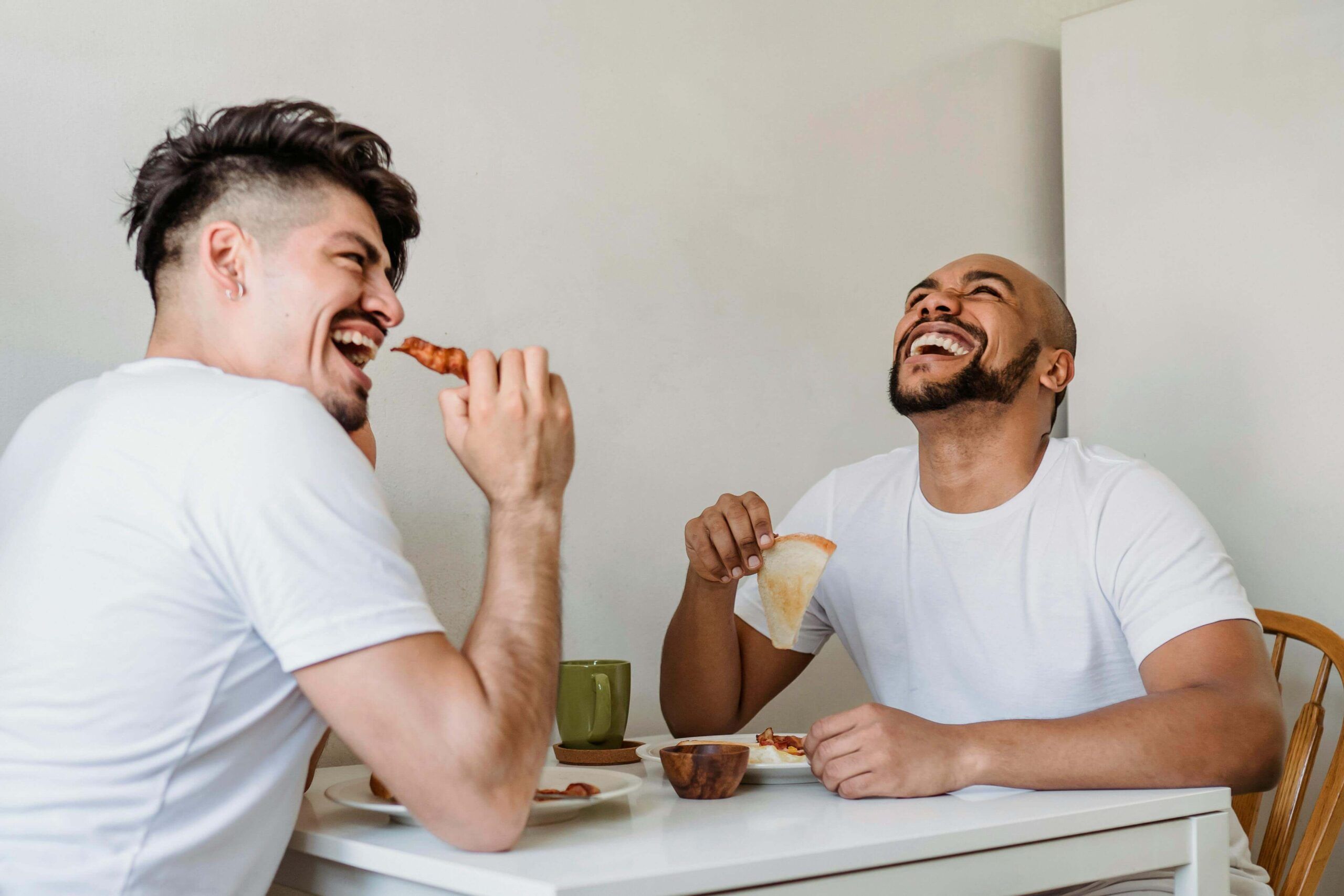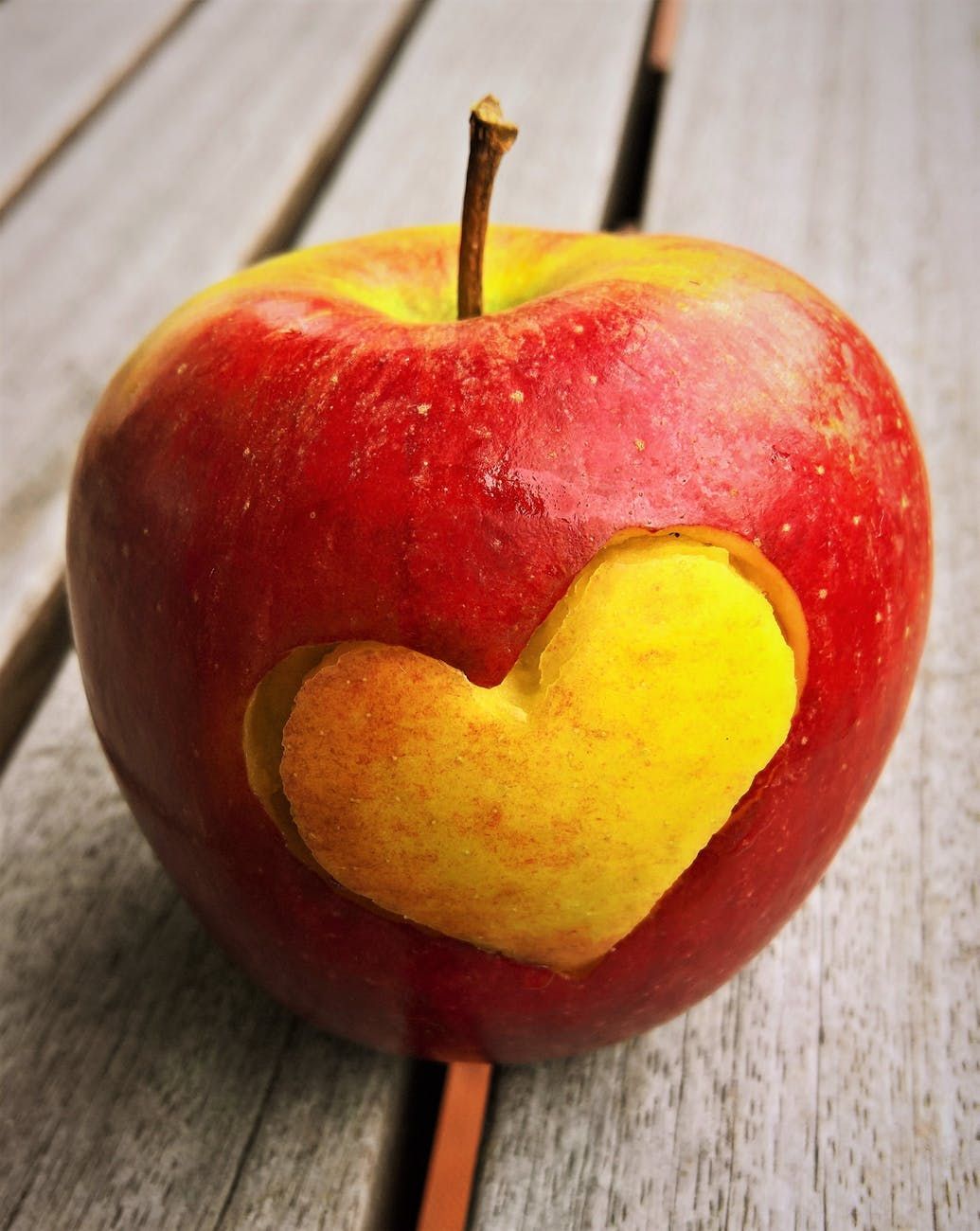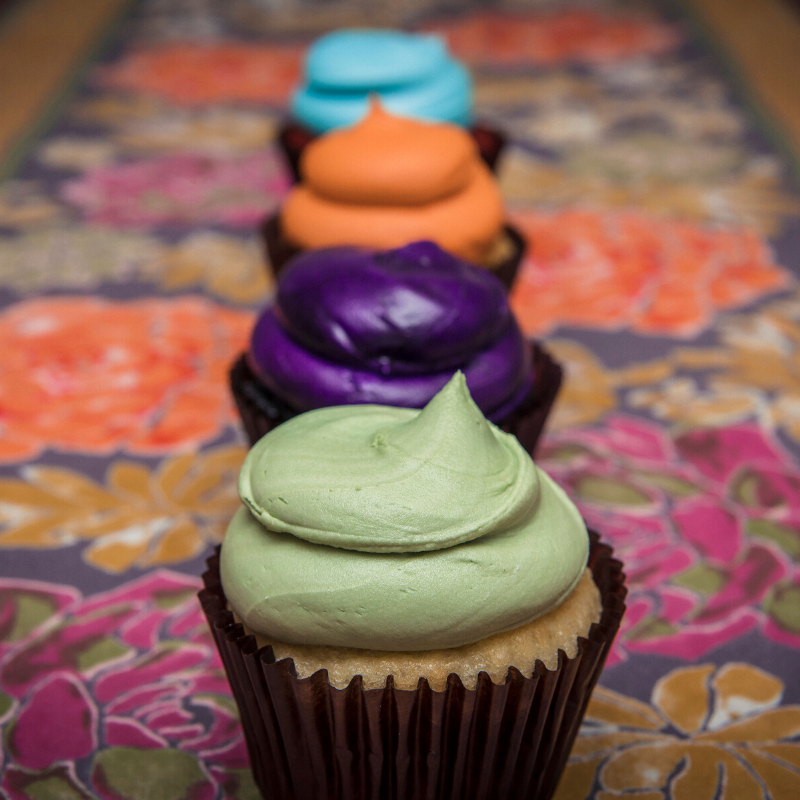You Don’t Need Everyone’s Opinion About Your Diagnosis: A Registered Dietitian in Raleigh, NC Can Help You Regain Agency
Getting a new health diagnosis can feel like stepping into chaos—suddenly, everyone has an opinion. Friends, family, even random internet comments start flooding in with advice, most of it conflicting. It’s overwhelming and can make you feel like you’ve lost control of your own body. If you’ve been there, I get it. It’s frustrating, isolating, and exhausting. That’s why having someone you trust to cut through all the noise is so important. At Nutritious Thoughts, your registered dietitian in Raleigh, NC, is here to help you focus on what actually works for you. No judgments, no one-size-fits-all solutions, just personalized support for your health journey.
Your health journey is deeply personal. It’s easy to feel weighed down by the endless, often conflicting advice and the pressure of others’ expectations or unproven ‘cures.’ But you deserve to walk your path with confidence and a true sense of agency. That’s precisely what personalized nutritional counseling in Raleigh, NC, offers: a supportive space to gently explore what health truly means for you. It’s about building a trusting partnership where we focus on understanding your unique body and honoring its needs. We aim to empower you to make informed decisions that genuinely feel right for your well-being.
The Problem with Too Many Opinions
When you share news about a diagnosis, the advice often comes pouring in. Your aunt swears by a specific diet that “cured” her friend. A coworker might confidently recommend cutting out certain food groups, perhaps without considering your unique needs or preferences. Social media algorithms bombard you with testimonials for expensive supplements and restrictive meal plans. While this advice often comes from a place of love and concern, it can do more harm than good. The constant stream of information creates a sense of pressure and anxiety. You might start to feel like you’re failing if you aren’t trying every suggestion thrown your way. This external noise can easily drown out your body’s own internal cues, making it harder to trust your instincts.
Following generic advice can also be risky. Your body, your medical history, and your lifestyle are entirely unique. A treatment approach that worked for someone else may not be appropriate, safe, or sustainable for you. This overload of information can take a significant emotional toll. It’s exhausting to constantly defend your choices or feel the need to justify your path to others. It can lead to feelings of isolation and frustration, making an already challenging time even more difficult. You deserve to have your experience validated, not dissected and criticized by a panel of self-appointed experts.
Why You Deserve Personalized, Compassionate Care
Your health journey is as individual as your fingerprint. Every part of your experience, from your diagnosis and symptoms to your relationship with food and your daily routine, is unique. Therefore, the support you receive should be just as personalized. This is where the expertise of a professional can make all the difference. A registered dietitian is trained to look at the whole picture. We don’t just see a diagnosis; we see you. We understand that health is not merely the absence of disease but a complex interplay of physical, emotional, and social well-being. Our goal is to move beyond the narrow focus of weight and numbers and instead cultivate sustainable habits that truly nourish your body and soul.
This is a core principle of a Health at Every Size® (HAES) approach, which centers respect, critical awareness, and compassionate self-care. Working with a registered dietitian empowers you through knowledge. Instead of handing you a rigid list of “good” and “bad” foods, we provide the education and tools you need to understand your body’s signals. You’ll learn how different foods affect you and how to build satisfying meals that honor your preferences. You’ll navigate social situations with confidence. This process is about adding to your life, not taking away. It’s about rediscovering the joy and ease in eating.
 What to Expect from Nutritional Counseling in Raleigh, NC
What to Expect from Nutritional Counseling in Raleigh, NC
Taking that first step to get support can feel overwhelming, but knowing what to expect can make it easier. Nutritional counseling in Raleigh, NC, is all about collaboration; it’s a collaborative process where you feel empowered to take charge of your well-being. It starts with an initial assessment, but don’t worry, it’s more of a conversation than a medical intake. We’ll dive into your story, your diagnosis, and your relationship with food and your body. Then, we’ll discuss your lifestyle, your preferences, what’s been challenging, and most importantly, your goals. This is your space to share openly, where understanding and support guide every conversation.
From There, We’ll Collaboratively Create a Personalized Plan Just For You.
This isn’t about restrictive dieting; instead, it’s a flexible and gentle framework designed to honor your unique needs. Together, we can explore:
- Exploring foods that nourish both your body and your spirit, fostering a more joyful and trusting relationship with eating.
- Developing mindful eating practices to truly listen to and honor your body’s signals of hunger, fullness, and satisfaction.
- Understanding emotional eating with compassion, and discovering gentle strategies to meet your needs without judgment.
- Integrating gentle movement that feels good in your body, celebrating its capabilities rather than focusing on external pressures.
- Embracing gentle nutrition principles that support your unique health journey, always prioritizing your overall well-being and peace of mind.
Your plan is a living document, meant to adapt and evolve as you do. Ongoing support from someone like a registered dietitian is a crucial part of the process. Through regular check-ins, we can celebrate your progress, navigate any hurdles that arise, and make adjustments as needed. Life is dynamic, and your approach to nourishment should be too. This continued partnership ensures you feel supported every step of the way.
The Gentle Path to Reclaiming Your Agency
 The true benefit of working with our professionals extends far beyond just food. It’s about gently reclaiming your inner power and building the confidence to trust your own instincts. We understand that navigating health information can be overwhelming. As registered dietitians in Raleigh, NC, we offer guidance rooted in scientific evidence. This helps you sift through misinformation and focus on what truly supports your unique well-being. An evidence-based approach provides a solid, gentle foundation to stand on. It gives you the confidence to make choices that are safe and effective for your specific situation, without judgment or pressure. As you gently grow more connected to your body and clearer about what truly nourishes you, you’ll feel your sense of agency truly bloom.
The true benefit of working with our professionals extends far beyond just food. It’s about gently reclaiming your inner power and building the confidence to trust your own instincts. We understand that navigating health information can be overwhelming. As registered dietitians in Raleigh, NC, we offer guidance rooted in scientific evidence. This helps you sift through misinformation and focus on what truly supports your unique well-being. An evidence-based approach provides a solid, gentle foundation to stand on. It gives you the confidence to make choices that are safe and effective for your specific situation, without judgment or pressure. As you gently grow more connected to your body and clearer about what truly nourishes you, you’ll feel your sense of agency truly bloom.
You’ll find yourself less swayed by external opinions and more grounded in your own unique experience. This newfound confidence often extends beautifully beyond your relationship with food, positively touching other parts of your life. Your wellness journey is deeply personal, and it doesn’t require performance or approval from anyone else. What you truly need and deserve is expert, compassionate care that honors your individual path. Remember, you have the inherent power within you to shape your own narrative and nurture your well-being. If you’re ready to quiet the outside noise and tune into your profound inner wisdom, reaching out for support from a registered dietitian is a truly powerful and courageous first step. Please know, you are absolutely not alone on this journey.
Looking for Support After a Diagnosis? A Registered Dietitian in Raleigh, NC, Can Help You Reclaim Your Confidence
You might be wondering how working with a registered dietitian can help you cut through the noise and regain a sense of control over your health journey. That curiosity is the first step toward a new kind of care; one that prioritizes your unique needs, values, and well-being over unsolicited advice and one-size-fits-all solutions. Whether you’re looking to rebuild trust in your body or explore a personalized approach to nutrition, we’re here to help. At Nutritious Thoughts, our compassionate team is ready to guide you through the complexities of your diagnosis.
We offer personalized nutritional counseling in Raleigh, NC, designed to empower you with evidence-based care and a deeper understanding of your body. Our approach is rooted in compassion, respect, and a commitment to helping you move beyond the overwhelm to embrace lasting, meaningful change. With in-person offices in Raleigh, Hendersonville, and Asheville, as well as virtual sessions available across North Carolina, we’re here to provide the consistent, empathetic support you deserve. Let us help you navigate your diagnosis with clarity and confidence, creating a path forward that feels aligned with your life and your goals.
- Contact us at (828) 333-0096 or email info@nutritious-thoughts.com
- Share your journey with us.
- Choosing to care for yourself with kindness and agency is a meaningful step, and we’re here to support you.
Expanded Counseling Services at Nutritious Thoughts
At Nutritious Thoughts, we recognize that navigating a new diagnosis is a deeply personal journey, and meaningful progress happens in spaces that honor individuality and foster connection. That’s why our services extend beyond traditional one-on-one sessions to meet you where you are—whether that’s at home, in your workplace, or within your community. Through our Tailored Nutrition Programs, we partner with local organizations, schools, and recovery centers to offer group workshops, educational presentations, and supportive group sessions, all thoughtfully designed to empower those managing a variety of health challenges.
Each program is carefully crafted to address the unique needs of every group, blending practical tools with compassionate guidance to help individuals build a more trusting, positive relationship with food and their bodies. Whether delivered in-person or virtually, our offerings are always rooted in the goal of spreading understanding and empowering change that extends beyond the individual journey.
Curious about how our programs can support you, your community, or those you care about? Reach out to learn more about our services, pricing, and the first step toward lasting, compassionate change.




 Every chronic condition brings its own unique challenges and considerations when it comes to nutrition. Nutritional counseling at
Every chronic condition brings its own unique challenges and considerations when it comes to nutrition. Nutritional counseling at  Living with a chronic condition can feel like a full-time job. Between managing doctor’s appointments, treatments, and symptoms, not to mention simply getting through the day, it’s easy to feel overwhelmed. Nutrition shouldn’t add to the burden. It should seamlessly support your life, making things simpler and more aligned with your unique needs. Too often, nutrition becomes the missing piece of the health puzzle. It’s something left for you to navigate on your own between medical visits. That’s where a compassionate, skilled registered dietitian can make all the difference. They are someone who not only understands the science of nutrition but also the day-to-day challenges of living with a chronic illness.
Living with a chronic condition can feel like a full-time job. Between managing doctor’s appointments, treatments, and symptoms, not to mention simply getting through the day, it’s easy to feel overwhelmed. Nutrition shouldn’t add to the burden. It should seamlessly support your life, making things simpler and more aligned with your unique needs. Too often, nutrition becomes the missing piece of the health puzzle. It’s something left for you to navigate on your own between medical visits. That’s where a compassionate, skilled registered dietitian can make all the difference. They are someone who not only understands the science of nutrition but also the day-to-day challenges of living with a chronic illness.
 Why Intuitive Eating Feels So Hard (And Why You’re Not Doing It Wrong)
Why Intuitive Eating Feels So Hard (And Why You’re Not Doing It Wrong)
 You’re Allowed to Want Something Different
You’re Allowed to Want Something Different









 Chelsea Fielder-Jenks is a Licensed Professional Counselor in private practice in Austin, Texas. Chelsea works with individuals, families, and groups primarily from a Cognitive Behavioral Therapy (CBT) and Dialectical Behavior Therapy (DBT) framework.
Chelsea Fielder-Jenks is a Licensed Professional Counselor in private practice in Austin, Texas. Chelsea works with individuals, families, and groups primarily from a Cognitive Behavioral Therapy (CBT) and Dialectical Behavior Therapy (DBT) framework.